Monkeypox is a rare viral infection that has gained attention due to its increasing incidence in recent years. Originally identified in monkeys, this zoonotic disease primarily affects rodents and is now known to transmit to humans. Understanding the symptoms, prevention methods, and treatment options is essential for managing and reducing the risk of monkeypox.
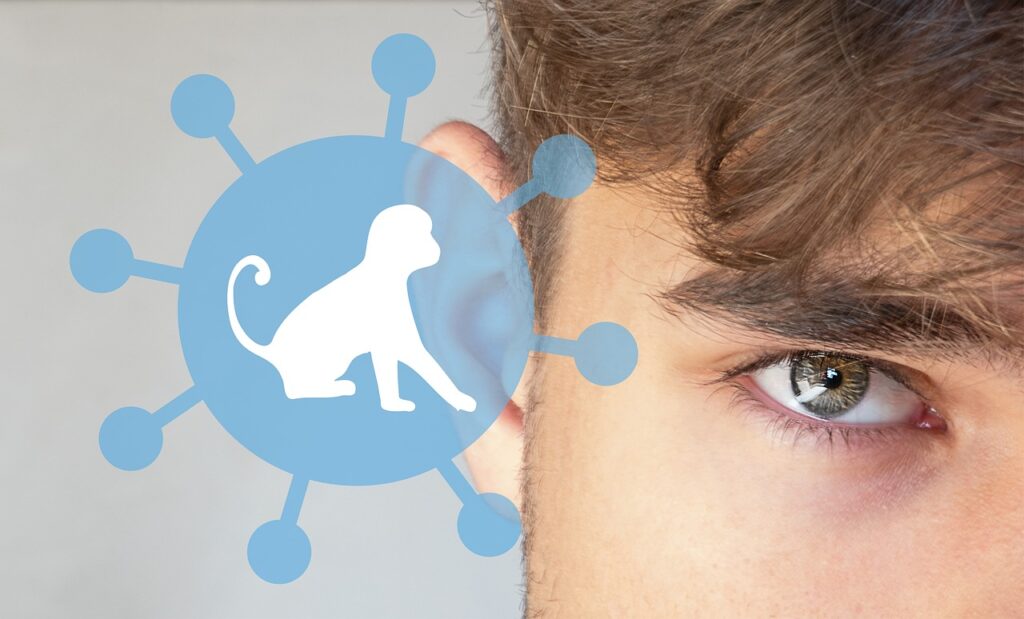
Table of Contents
Key Symptoms of Monkeypox
The symptoms of monkeypox can vary widely but typically include the following:
1. Fever and Chills
One of the initial symptoms of monkeypox is the onset of fever, often accompanied by chills. This fever usually develops 1 to 2 weeks after exposure to the virus.
2. Headaches and Muscle Aches
Many individuals infected with monkeypox experience severe headaches and muscle aches. These symptoms can be debilitating and may last for several days.
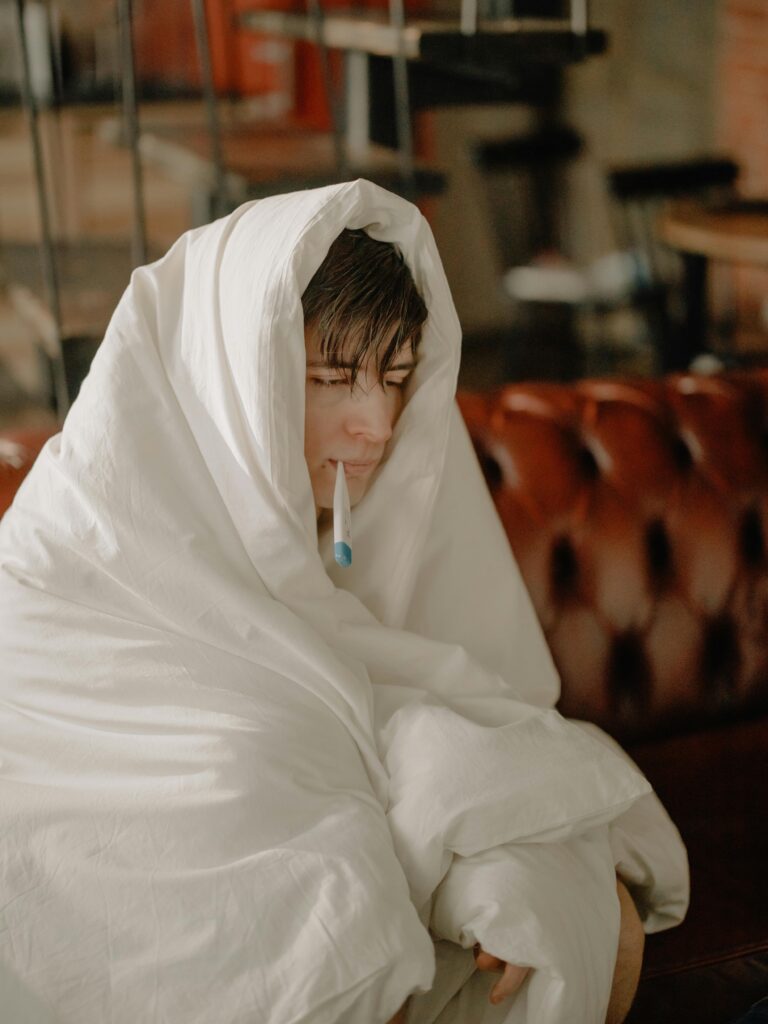

3. Swollen Lymph Nodes
A distinguishing feature of monkeypox is the swelling of lymph nodes, known as lymphadenopathy. This can occur in various areas of the body, including the neck, armpits, and groin.
4. Rash and Skin Lesions
After the initial fever and other symptoms, a rash typically appears. The rash often starts as flat lesions that develop into raised bumps filled with fluid, eventually forming crusts and scabs. This skin manifestation is often concentrated on the face, palms, and soles of the feet but can spread to other areas.
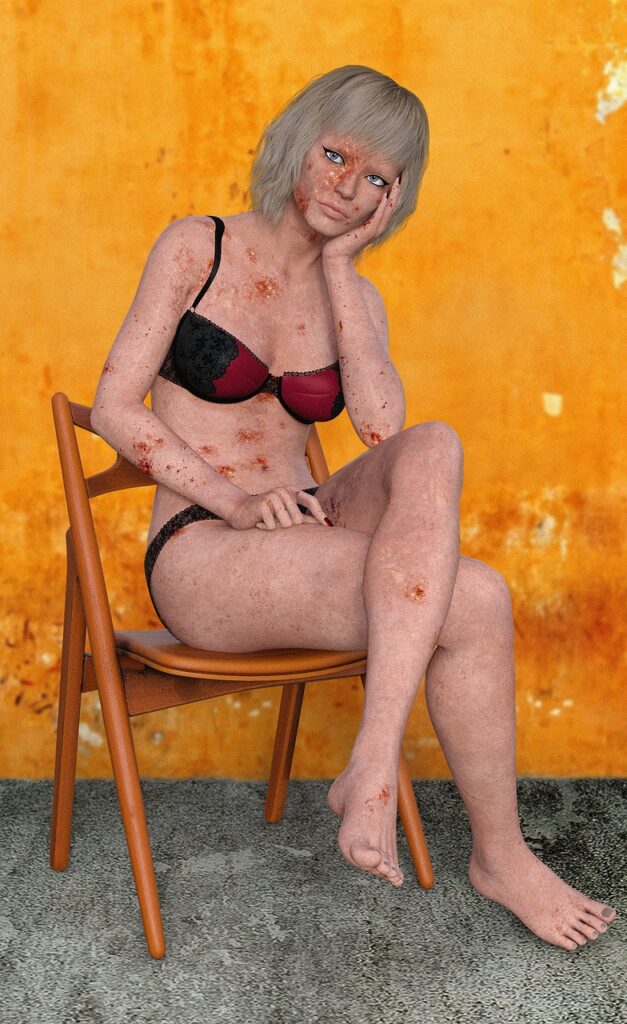
5. Fatigue
Fatigue is a common symptom experienced by those with monkeypox. This exhaustion can affect daily activities and may take time to resolve after the other symptoms have subsided.
How Monkeypox Spreads
Understanding how monkeypox spreads is crucial for prevention. The virus is primarily transmitted through direct contact with infected animals, such as rodents or primates. Additionally, human-to-human transmission can occur through respiratory droplets, direct contact with bodily fluids, or skin lesions of an infected person.
Prevention Strategies
While there is no specific cure for monkeypox, several prevention strategies can help reduce the risk of infection:
1. Vaccination
The smallpox vaccine has shown effectiveness in preventing monkeypox. Although routine smallpox vaccination is no longer conducted, it may be recommended for individuals at high risk of exposure.
2. Avoiding Contact with Infected Individuals
Staying away from individuals who exhibit symptoms of monkeypox is crucial. If someone is suspected of having the virus, it’s essential to practice good hygiene and avoid direct contact until a medical evaluation is conducted.
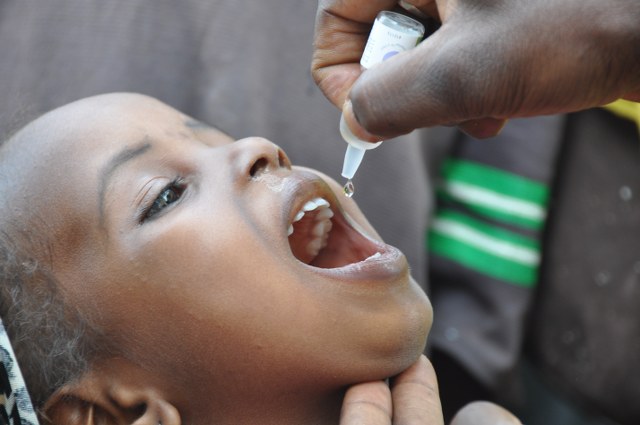
3. Good Hygiene Practices
Regular handwashing with soap and water or using hand sanitizer can significantly reduce the risk of transmission. It’s also essential to avoid touching your face, especially your eyes, nose, and mouth.
4. Safe Handling of Animals
If you live in or travel to areas where monkeypox is endemic, avoid contact with wild animals and practice caution when handling animal products.
Treatment Options
Currently, there is no specific antiviral treatment for monkeypox, but supportive care can help manage symptoms.
1. Pain Management
Over-the-counter pain relievers can help alleviate headaches and muscle aches associated with monkeypox.
2. Skin Care
Keeping the affected areas clean and covered can prevent secondary infections. Topical treatments may help soothe skin lesions and reduce discomfort.
3. Isolation
Individuals diagnosed with monkeypox should be isolated to prevent spreading the virus to others. Follow medical advice regarding isolation duration, typically lasting until all lesions have healed.
4. Seek Medical Attention
If you suspect you have monkeypox or have been in contact with someone diagnosed, seek medical attention promptly. Early evaluation can help ensure proper care and reduce the risk of further transmission.
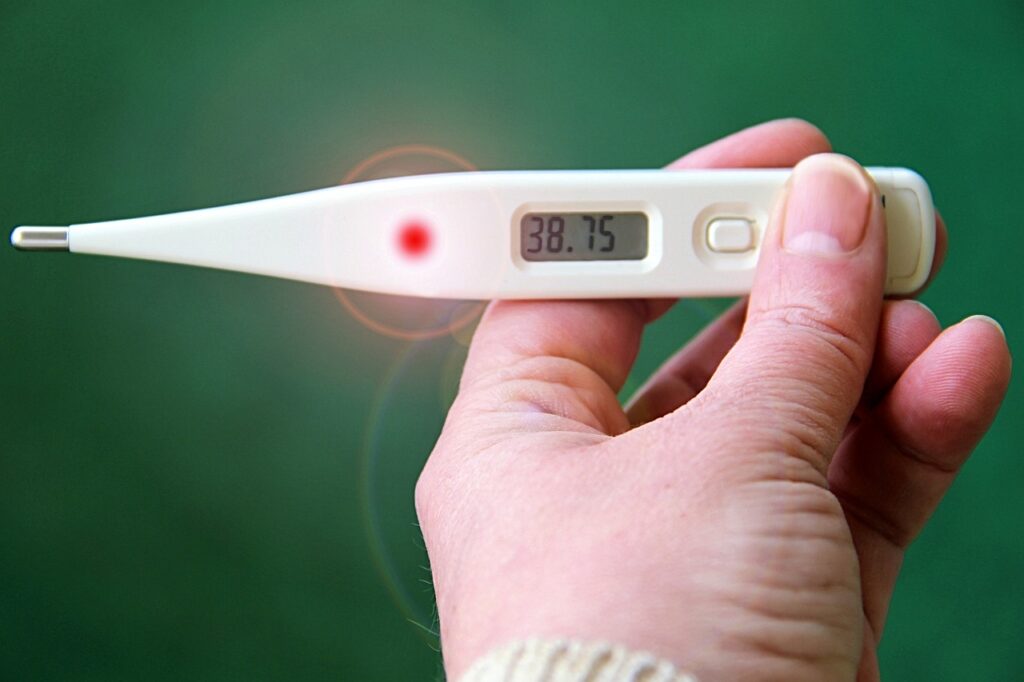


Conclusion
Understanding monkeypox is vital for protecting yourself and your community from this viral disease. By recognizing the symptoms, implementing effective prevention strategies, and knowing the available treatment options, you can stay informed and prepared.
If you have further questions or need guidance regarding monkeypox or other health concerns, feel free to contact our health experts at Health Authentica. Your health and safety are our priority!










